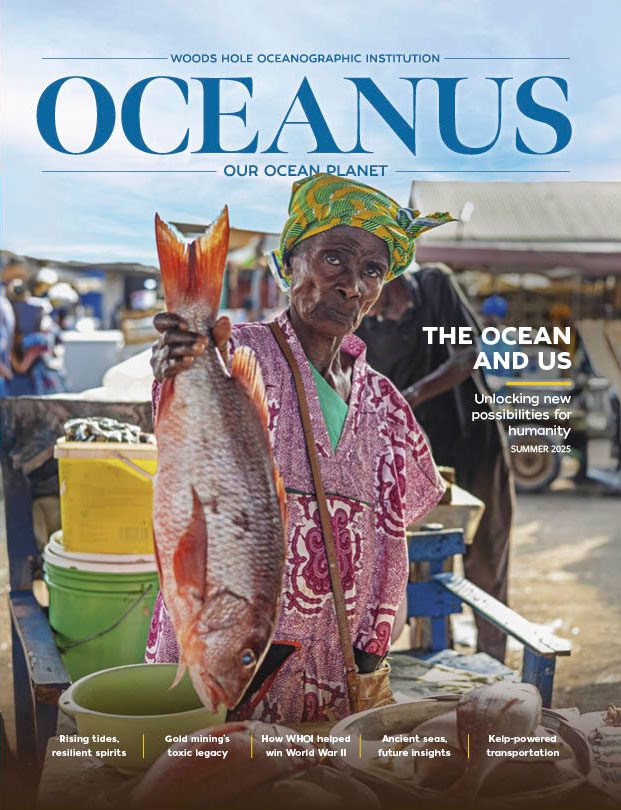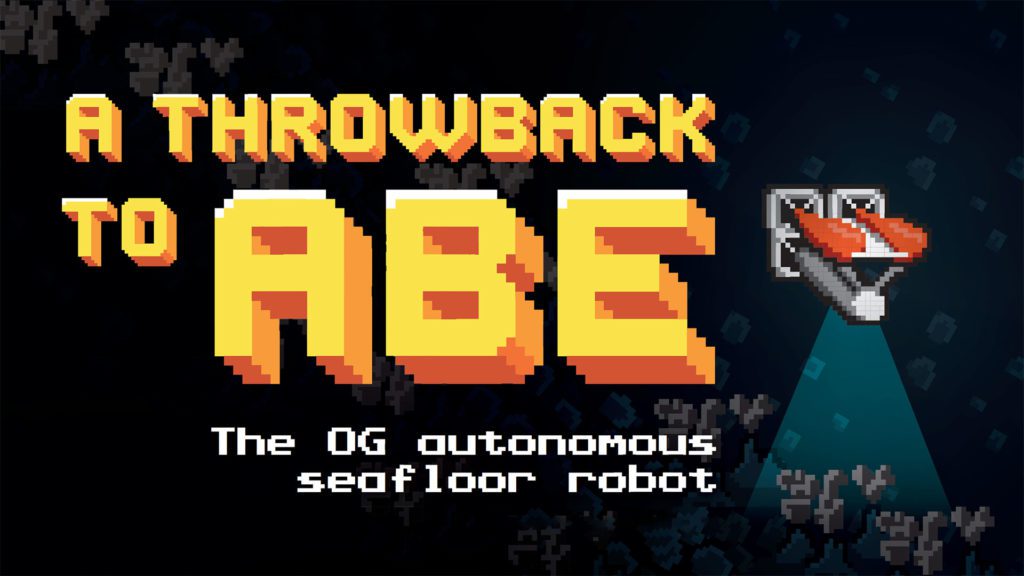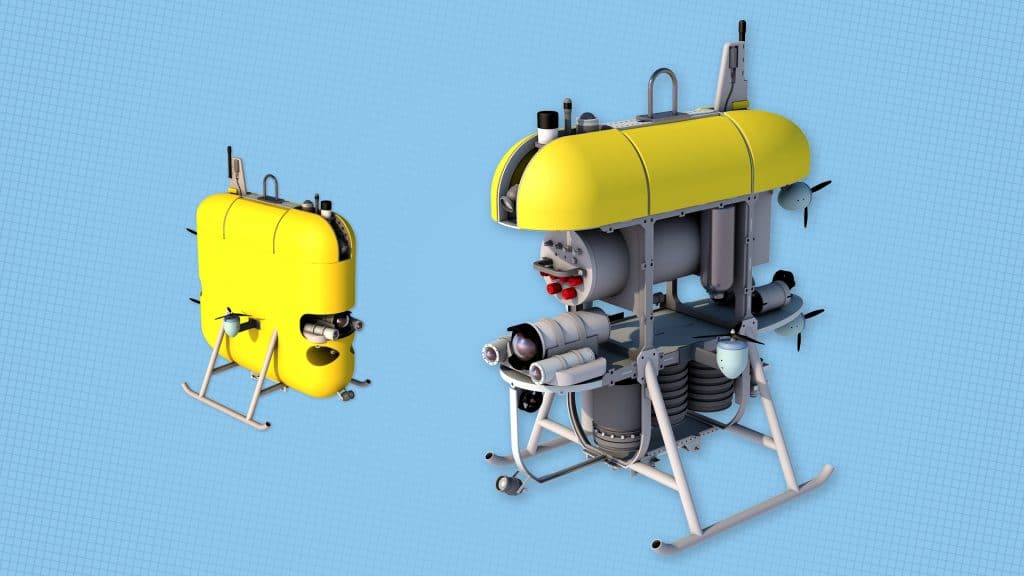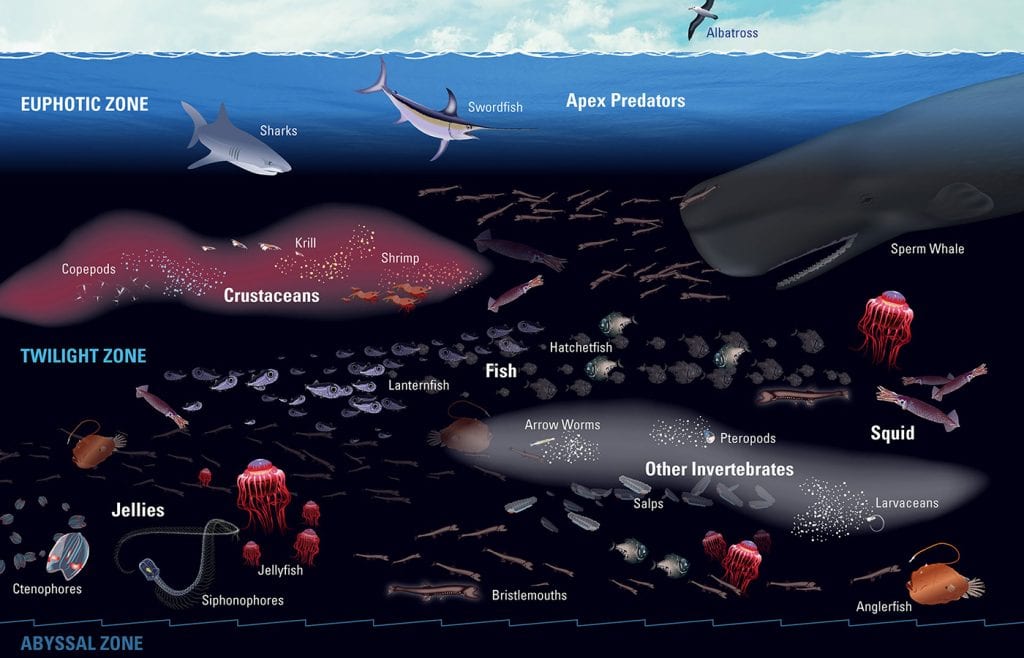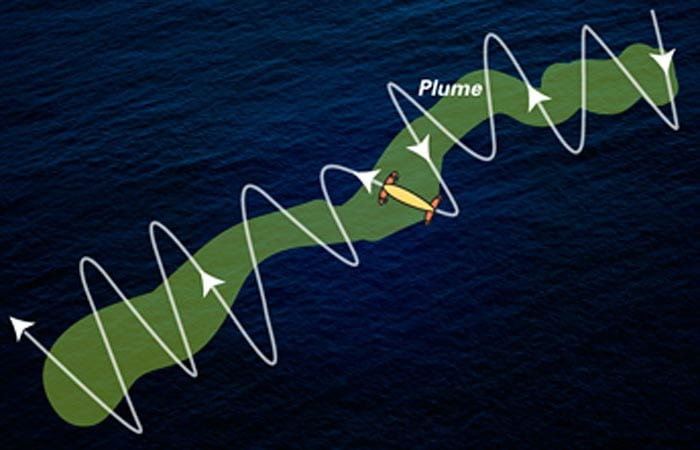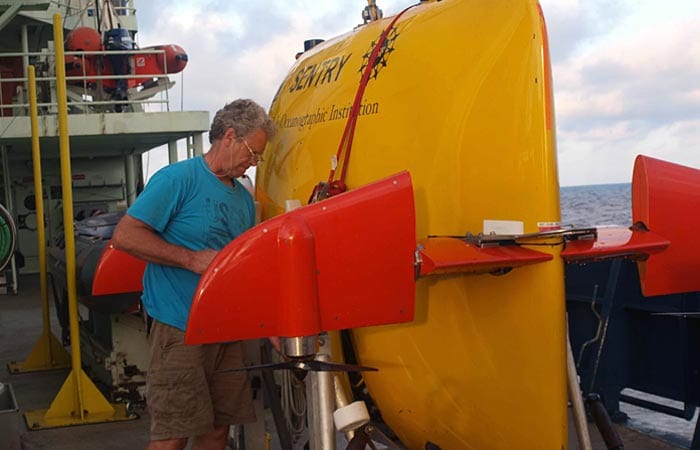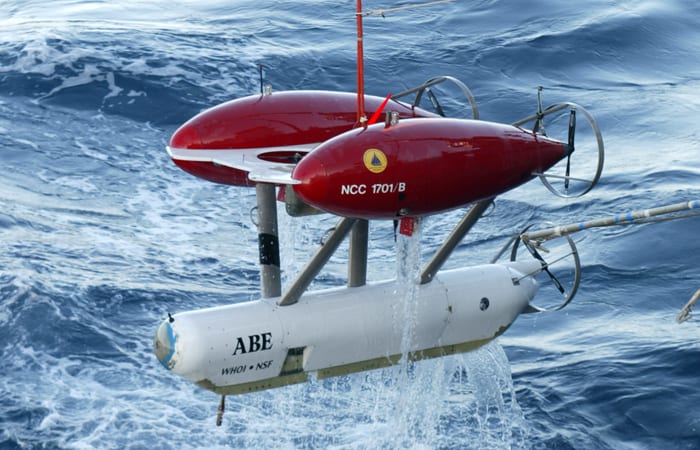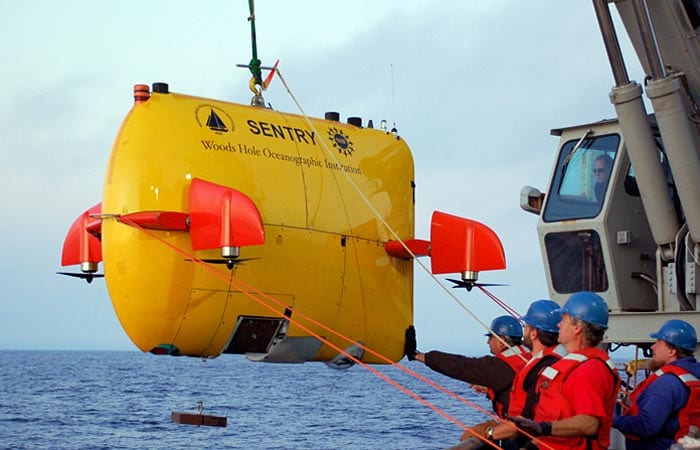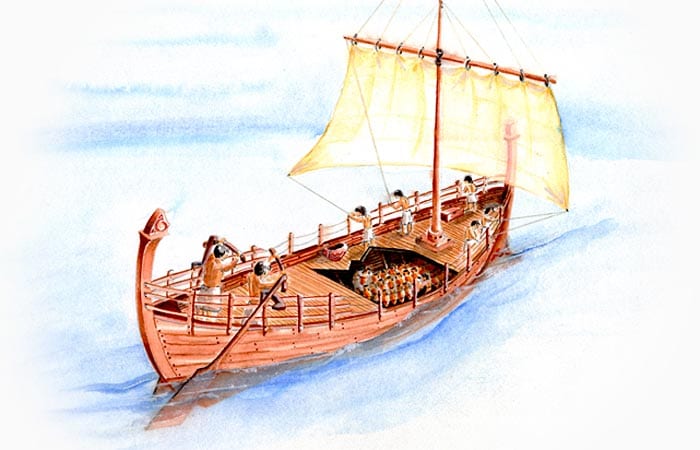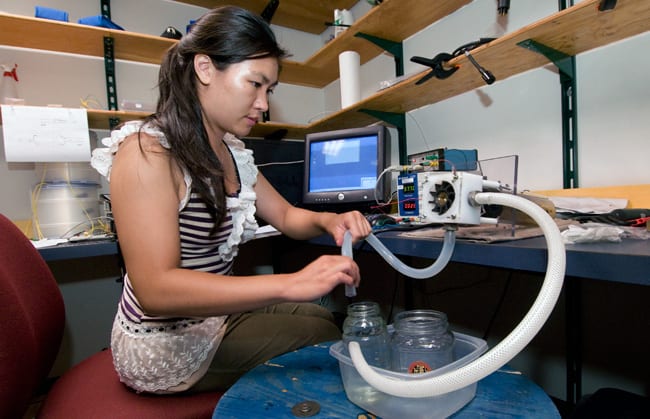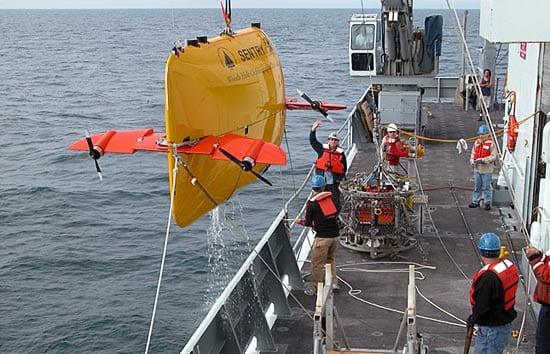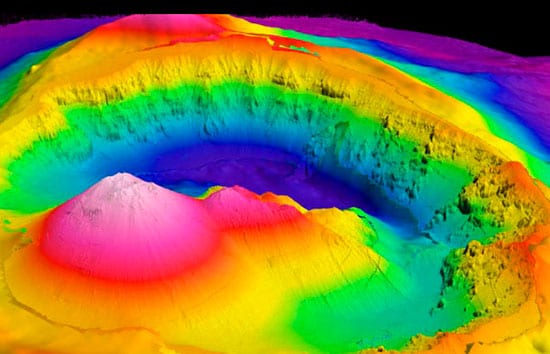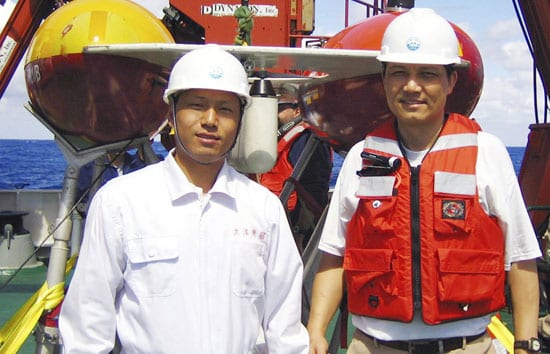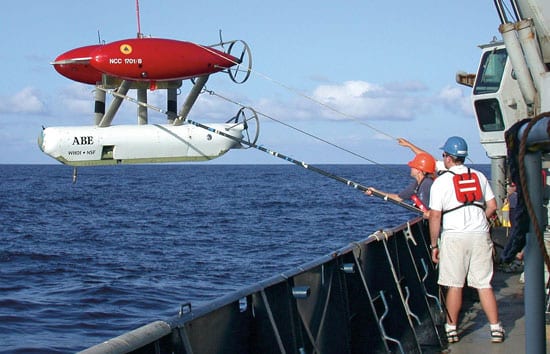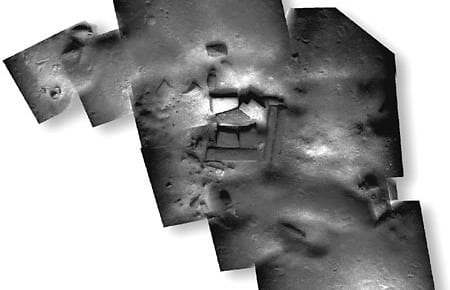Dana Yoerger
Refine by
Date
Topic:
Article Type
Special Series
Author
Mesobot, Follow that Jellyfish!
WHO scientists and engineers are developing an innovative autonomous deep-sea vehicle with hovering and manuevering capabilities that will allow it to follow animals without disturbing their environment and behavior.
Mission to the Ocean Twilight Zone
The twilight zone is a part of the ocean 660 to 3,300 feet below the surface, where little sunlight can reach. It is deep and dark and cold, and the pressures there are enormous. Despite these challenging conditions, the twilight zone teems with life that helps support the ocean’s food web and is intertwined with Earth’s climate. Some countries are gearing up to exploit twilight zone fisheries, with unknown impacts for marine ecosystems and global climate. Scientists and engineers at Woods Hole Oceanographic Institution are poised to explore and investigate this hidden frontier.
A Plume of Chemicals from Deepwater Horizon
Along with the torrent of hot gas and oil spewing from the bottom of the sea, hot hints and rumors were also streaming out of the Gulf of Mexico in the spring of 2010. Several…
A Robot Is Resurrected at Sea
Barely a month after the undersea robot ABE imploded and was lost in the depths, ABE’s “son,” Sentry, suffered fire and flooding that destroyed critical internal components. But a team of engineers rallied to rebuild…
R.I.P. A.B.E
A pioneering deep-sea exploration robot—one of the first successful submersible vehicles that was both unmanned and untethered to surface ships—was lost at sea March 5, 2010, on a research expedition off the coast of Chile….
A Robot Starts to Make Decisions on its Own
It’s a lot easier to send a bloodhound to track a criminal, or your kid to pick up groceries, than it is to get a deep-sea robot to find something on the seafloor. The dog…
Shipwrecks Offer Clues to Ancient Cultures
Brendan Foley hunts for shipwrecks, but he’s not searching for gold or jewels. The sunken treasure he pursues comes not in chests, but mostly in curvaceous clay jars called amphorae—the cargo containers of the B.C….
Stephanie Chin
Stephanie Chin is most likely the only Summer Student Fellow whose project could one day operate in space—at least in theory. She worked on building a prototype for a biologic pump sampler for the autonomous…
A New Deep-Sea Robot Called Sentry
There’s been a changing of the guard among deep-sea exploration vehicles. Sentry, a new undersea robot built by engineers at Woods Hole Oceanographic Institution (WHOI), completed its first scientific mission last summer, scouting out sites…
Robot Paints Stunning Map of Deep-sea Volcano
Painting with sonar, each brushstroke a “ping” of sound reflected off the seafloor, the robotic underwater vehicle called ABE created a masterpiece of a landscape—one that is submerged about a mile deep in the Pacific…
A Ridge Too Slow?
Ever since scientists first discovered vents gushing hot, mineral-rich fluids from the seafloor in the Pacific Ocean 30 years ago, they have found them in various places along the Mid-Ocean Ridge-the 40,000-mile-long seafloor mountain chain…
ABE—The Autonomous Benthic Explorer
The pioneering deep-submergence vehicle, now 10 years old, continues to demonstrate its versatility on each new cruise.
“What a Year!”
Four technologies that have been developing separately for some time were brought together this year by WHOI’s Deep Submergence Laboratory (DSL) to serve three very different user communities. With images from the towed vehicle Argo II and the remotely operated vehicle Jason, DSL scientists and engineers created mosaic images of a sunken British cargo ship and 20-meter-tall hydrothermal vent chimneys, both in the Pacific Ocean, and ancient shipwreck sites in the Mediterranean. The three expeditions thus served the marine safety, scientific, and archaeological communities.
